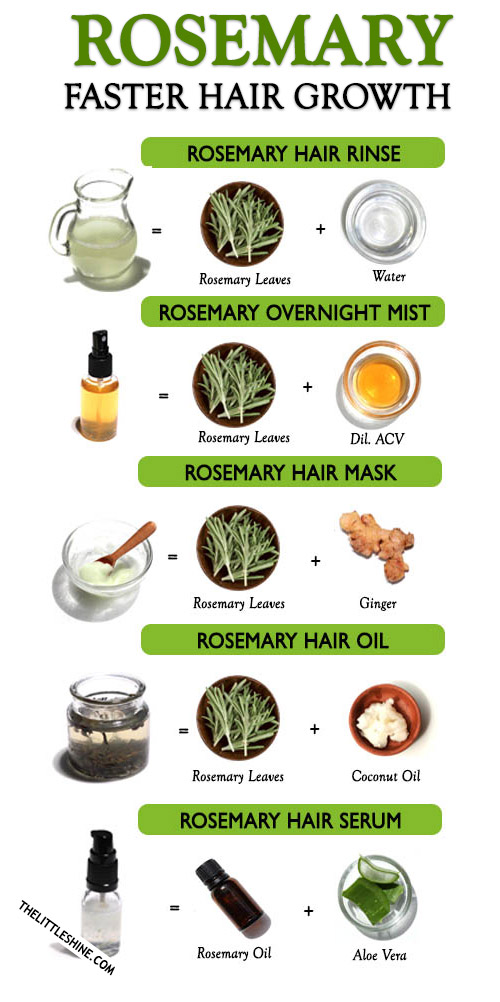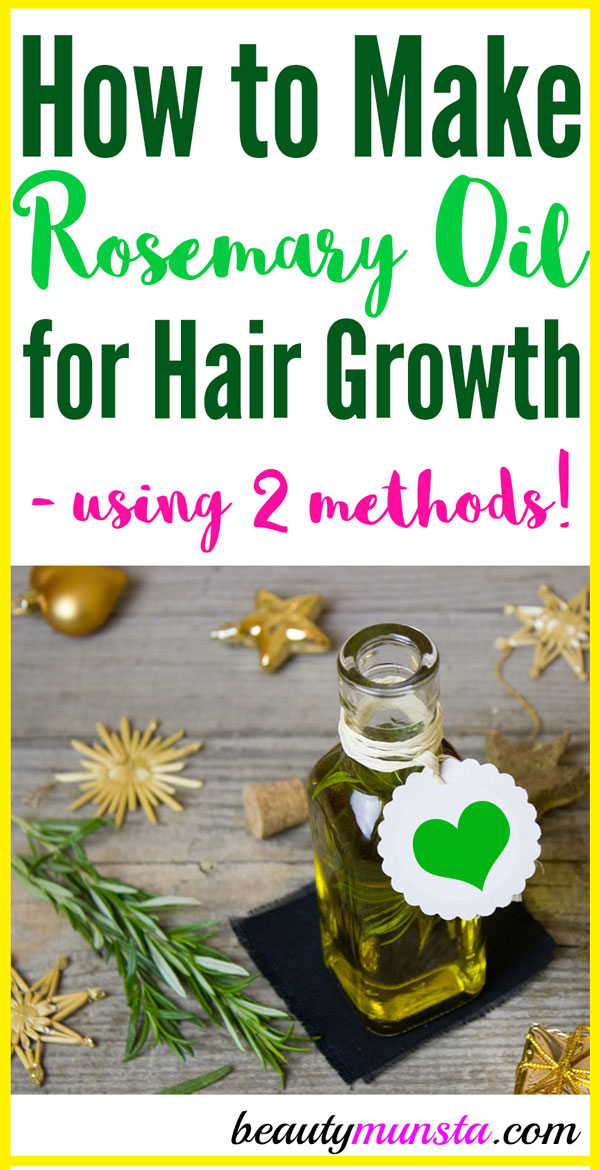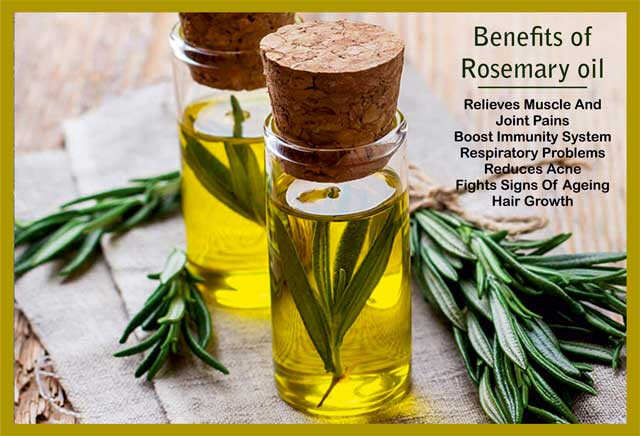Table Of Content

However, it is important to dilute it first, and it should never be applied without dilution. Essential oils are not water soluble, but can be mixed with fats, alcohols, and ethers. But these do take longer to work, as supplements “must first be metabolized by the body and dispersed by the bloodstream to be beneficial,” says Dr. Shaver. And oral supplements may have more systemic side effects and interactions with other medications, so it’s especially important to check with your doctor before taking a supplement. Considered sacred by ancient Greeks, Romans, Egyptians and Hebrews, rosemary has a lengthy history of use for centuries.
Meet the Experts
Rosemary essential oil is generally safe when applied to the skin diluted with a carrier oil. The anti-inflammatory properties of rosemary essential oil along with its analgesic effect means that a rosemary massage oil can help alleviate painful joints and muscles. It's best to apply your rosemary oil mixture to a dry scalp and let it sit for a few minutes before continuing with your hair washing routine. "Since oil is lipophilic, theoretically applying oil on wet hair would probably affect absorption, as water may repel oils away," says Dr. Kobets. Dr. King says that rosemary oil can be an irritant, and allergic contact dermatitis is possible when using it. Dr. Garshick adds that it can take time and consistency to see results, with some studies showing that it can take up to six months to reap any of its benefits.
How to Get Dense and Thick Hair Naturally

According to Iris Rubin, MD, a board-certified dermatologist and SEEN Skin & Hair Care founder, rosemary oil is purer and, thus, more potent. Extracts typically contain compounds from the plant's leaves and may be combined with a carrier oil. This reduces the concentration of rosemary and makes it less likely to cause irritation. For instance, The Mane Choice Alpha Multi-Vitamin Scalp Growth Oil has carrier oils like jojoba and coconut oil, which help minimize potential sensitivities. Rosemary oil is typically available in essential oil form, which are highly concentrated natural extracts taken from the leaves, flowers and the stems of the rosemary plant.
Rosemary Oil Is Anti-Inflammatory
Some studies recommend rosemary oil to encourage hair growth or to slow hair loss. Rosemary oil can be applied directly to your hair strands (it won’t cause damage), but it should be massaged into your scalp if you’re looking for the potential hair-growth benefits. Just note that if you have fine hair, you’ll probably prefer to massage the oil in before bed, tie your hair up while you sleep, then rinse the next morning with a clarifying shampoo to get rid of any greasy residue. Or, if you want to use it during the day, massage it on and pull your hair back into a sleek bun with a boar-bristle brush and a couple hair elastics to make the ~grease~ look purposeful. According to James, rosemary oil can safely be combined with most other essential oils. While typically reserved for elevating the flavor profile of a dish, rosemary can work wonders for hair suffering from damage or stagnant growth.
Why trust ELLE Beauty?
Coarse hair may be better able to handle an application of rosemary oil. But people with finer hair might find that using the product makes their locks look greasy or weighed down. Hair growth results showed that the oleogel continuing rosemary oil had higher effects than cedarwood. The rosemary oil oleogel was found to have similar effects as minoxidil. Even if you're not seeing any negative side effects, be wary of how often you’re using it.
“When used in excess, rosemary oil can make thinner hair look greasy and feel weighted,” Dr. Camp notes. This oil is extracted from the Rosemarinus officinalis—or rosemary—plant, a fragrant evergreen shrub native to the Mediterranean region that sprouts blue or whitish flowers. You're probably most familiar with this plant as a garnish for some of your favorite savory dishes—it has an earthy taste and many powerful compounds that provide myriad health benefits. You can also add 2 to 3 drops directly to any hair product when you apply a dollop of it on your palm before use. Carnosic acid, an active ingredient in the plant, healed tissue and nerve damage in one study.
How to Use Rosemary Oil to Grow Hair, According to Experts
The overall result of the study provided evidence that rosemary oil may be effective for certain hair growth. There are very few negative side effects of using rosemary oil on your hair and scalp, as it’s well tolerated by most skin and hair types. However, if you are pregnant or breastfeeding, talk to your doctor before adding it to your hair routine (camphor, which is found in rosemary oil, has some potential risks with pregnancy and hasn’t been widely studied). However, you will want to do a patch test (applying it to a small area to observe for a reaction) before applying it more generally to the skin. In addition to reducing hair loss and stimulating hair growth, rosemary has been linked to other hair and scalp benefits, including reducing dandruff and limiting premature graying.

These and similar mice trials may be a starting point for research, but more research is needed to determine the effects of peppermint oil on human hair growth. Rosemary oil is a natural treatment for hair growth and loss, as scientifically proven in research studies. Using it regularly for six months can help you achieve the hair you’ve always wanted. When buying essential oils like rosemary, always make sure they are 100 percent pure, therapeutic grade and organic. However, it's important to note that not all rosemary oils have the same concentration or potency.
How to Use Rosemary Oil for Hair
Can You Use Rosemary Oil for Your Eyebrows? Here's What the Pros Have to Say - Vogue
Can You Use Rosemary Oil for Your Eyebrows? Here's What the Pros Have to Say.
Posted: Mon, 11 Dec 2023 08:00:00 GMT [source]
To prevent skin irritation or other side effects, avoid oils that contain fragrances and other artificial ingredients. Ahead, learn everything you need to know about using rosemary oil for hair growth, including how to use it and its potential side effects. Science and personal experience together both strongly suggest the essential oil does protect against hair loss, particularly that related to male or female pattern baldness.
This has led scientists to suggest that rosemary can help manage inflammatory bowel diseases. (14) It is not advised to drink rosemary; however, researchers say that rosemary is among the herbs that are good for digestion and reducing flatulence. If you want to try rosemary oil, simply inhale it or apply a diluted version topically. Remember that the oil is very concentrated, so you only need a few drops at a time.
Consuming large amounts of rosemary oil can cause vomiting, kidney irritation, redness of the skin, allergic reactions and increase your sensitivity to the sun. For this reason, rosemary oil is only recommended for topical use and in aromatherapy treatment. When using rosemary oil topically, it’s best to mix it with a carrier oil and always test a small patch of skin before applying rosemary oil to larger surfaces to see how your body reacts. Rosemary essential oil is a fragrant oil that is good for improving your brain function, enhancing memory, coping with stress, and relieving pain. The pleasant aroma of rosemary oil does wonders to boost your mood and enhance feelings of calm. Rosemary essential oil can also be used topically to promote hair growth, relieve muscle pain, and improve the appearance of your skin.
"It is thought to help improve circulation in the scalp," she explains. The trial lasted six months and participants used either rosemary oil or minoxidil to treat AGA. "At the end of the testing period, patients had similar results after using rosemary oil and 2% minoxidil, with rosemary oil being slightly less irritating," Dr. Bhanusali adds. To DIY your own diluted rosemary oil hair treatment, Dr. Doyle recommends mixing two tablespoons of your carrier oil of choice (she recommends jojoba) with two to three drops of rosemary oil.
According to Dr. Kobets, there is some evidence in the literature to suggest that rosemary oil can help hair growth by stimulating hair follicles with cytokines and growth factors. There is some promising research on the effect of rosemary oil on hair growth. As Dr. Garlapati explained, a 2015 study, mentioned above, determined that rosemary oil functioned similarly to minoxidil, a popular hair growth and hair loss medication. Add a few drops of rosemary oil to a shampoo, and wash the hair daily. People who are pregnant should not use rosemary oil or other forms of rosemary in cosmetics. If they are nursing, they should discuss the use of any kind of essential oils with a healthcare professional.

No comments:
Post a Comment